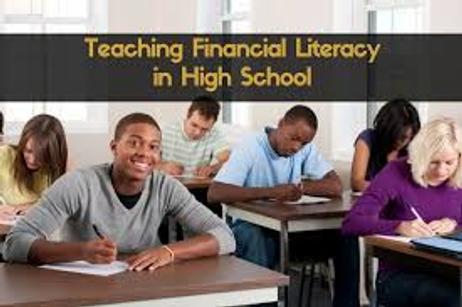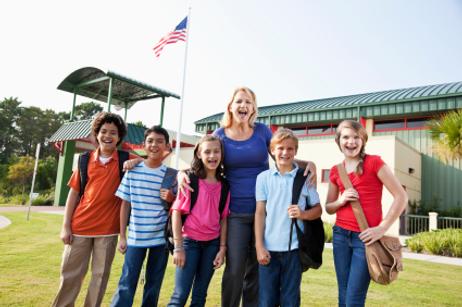Tragic bullying cases like Phoebe Prince鈥檚 story have prompted public schools to review their responsibility in preventing bullying, both on and off-campus. With the rise of social networking, cyberbullying has become a real threat, and schools are scrambling to manage the ramifications of 2.0 bullying.
According to the , cyberbullying can be defined as, "willful and repeated harm inflicted through the use of computers, cell phones, and other electronic devices." The First Amendment Center cites statistics that show one-third of teens on the Internet have experienced harassment online. The Centers for Disease Control and Prevention dub electronic aggression as an "emerging adolescent health issue."
This video from the PACER Center offers resources for students and teachers.
Clearly, there is no doubt that cyberbullying has become a major problem in recent years, but the question then becomes: what should public schools do about it? It does not appear to be a question with an easy answer if one considers the differing responses to the problem by public schools and the government.
On one hand, when cyberbullying affects a child's educational experience, the schools have a responsibility to put a stop to the behavior. On the other hand, much of the cyberbullying that occurs takes place outside of school, leaving schools helpless in monitoring such activity. Then, there is the first amendment guarantee of free speech. Where do we draw





















